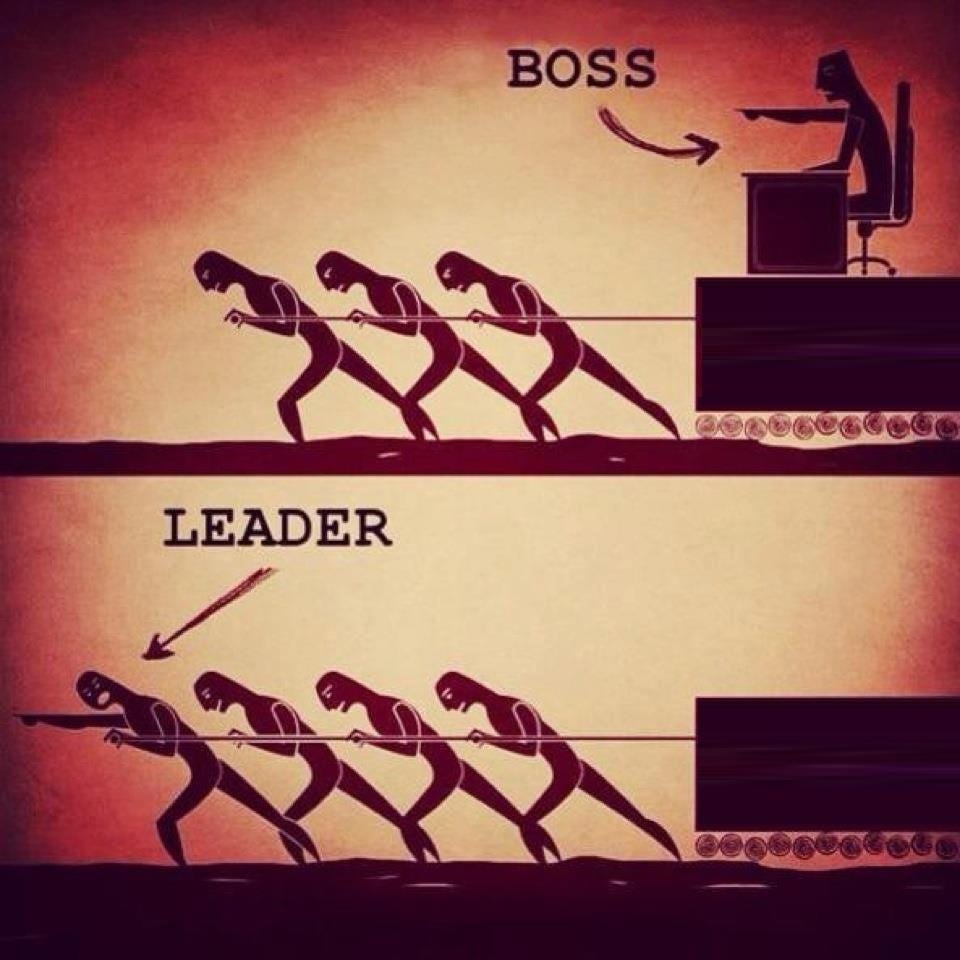Simple signs used by cave men evolved into complicated signs which can now be seen in Egyptian cave drawings. These complicated signs evolved into sounds. Sounds were given structure. And language came out of that structure.
Language has become so subconscious that we even think in words. I have a dear friend who often finds herself thinking in Spanish even though she’s a native English speaker.


Language is much more than a tool to communicate. Simple words like “should”, “will let you” can be used to create imaginary constraints in a person’s head.
When you say “I will let you answer that question”, it also means that you have the power to not let them. This seemingly simple sentence holds the power to put you (speaker) in a position of power and authority and that you control what the other person can do or can’t do. Do this a hundred times and you make the other person your slave, not materialistically but psychologically.

Commanding people or telling them what they are allowed to do and not allowed to do is not the best way to build an inclusive culture. Enabling your team to feel a sense of ownership and accountability are great ways to get them to buy-in to the cause.
Trust and respect are vital factors in building that sense of ownership and accountability.
The next time you’re in a team setting and you want to assign a task to someone in your team, be conscious of the words you choose and pick the words that empower the team member instead of yourself.
